









Originally established in 1848 as the New England Female Medical College, and incorporated into Boston University in 1873, Boston University Chobanian & Avedisian School of Medicine today is a leading academic medical center with an enrollment of more than 700 medical students and 950 students pursuing degrees in graduate medical sciences. Our faculty contribute to more than 950 active grants and contracts, with total anticipated awards valued at more than $693 million in amyloidosis, arthritis, cardiovascular disease, cancer, infectious diseases, pulmonary disease and dermatology, among other areas.
The Chobanian & Avedisian School of Medicine’s teaching affiliates include Boston Medical Center, its primary teaching hospital, the Boston VA Healthcare System, Kaiser Permanente in northern California, as well as Boston HealthNet, a network of 14 community health centers.
For more information, please visit: http://www.bumc.bu.edu/busm
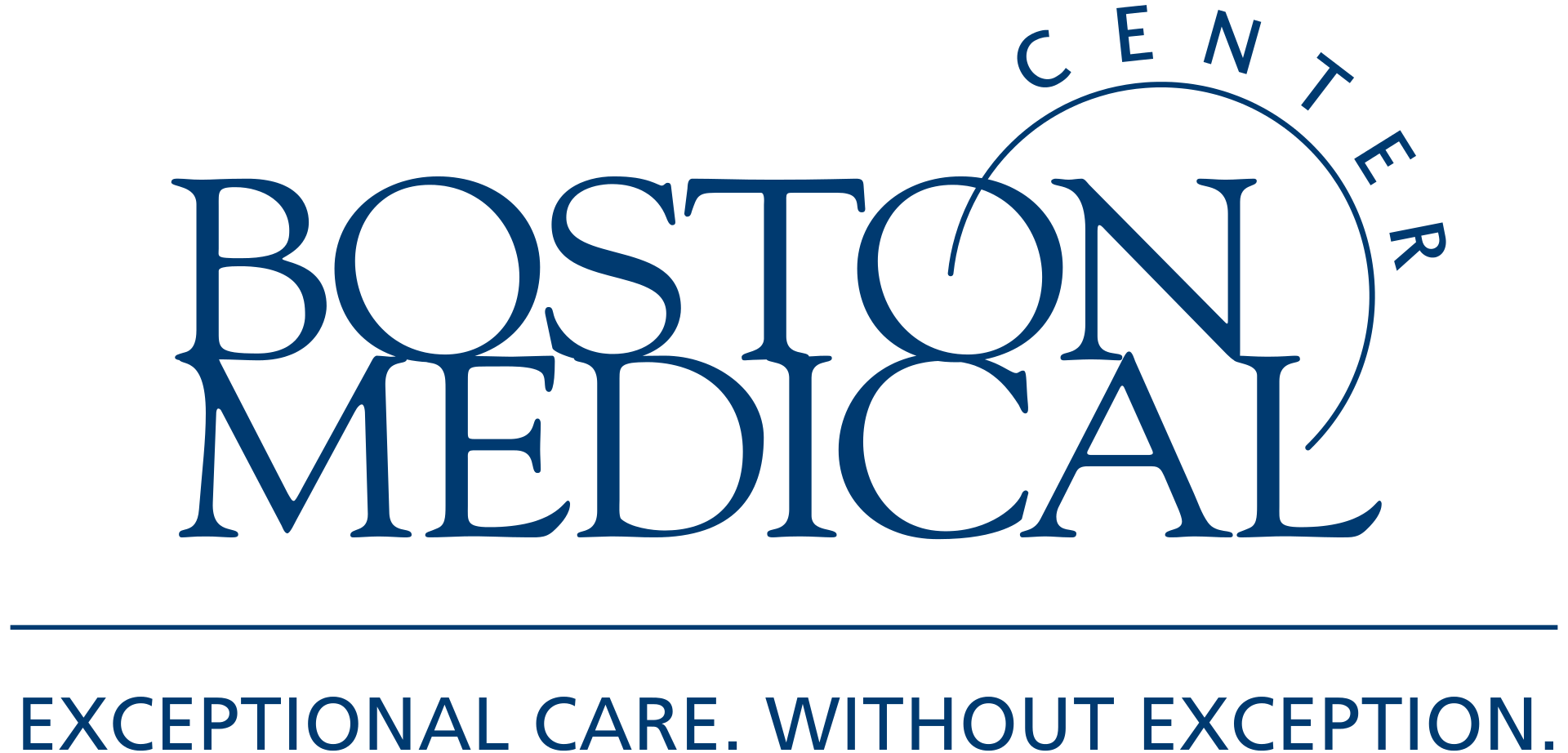
Boston Medical Center is a private, not-for-profit, 514-bed, academic medical center that is the primary teaching affiliate of Boston University School of Medicine. It is the largest and busiest provider of trauma and emergency services in New England. Boston Medical Center offers specialized care for complex health problems and is a leading research institution, receiving more than $97 million in sponsored research funding in fiscal year 2018. It is the 15th largest funding recipient in the U.S. from the National Institutes of Health among independent hospitals.
In 1997, BMC founded Boston Medical Center Health Plan, Inc., now one of the top ranked Medicaid MCOs in the country, as a non-profit managed care organization. Boston Medical Center and Boston University School of Medicine are partners in Boston HealthNet – 14 community health centers focused on providing exceptional health care to residents of Boston.
For more information, please visit: http://www.bmc.org

Albert Einstein College of Medicine is a research-intensive medical school. On March 15, 1953, the day following his 74th birthday, Professor Albert Einstein formally agreed to permit his name to be used for the first medical school to be built in New York City since 1897. For more than 60 years, Einstein’s diverse faculty and staff have set the standard for excellence in medical and graduate education and patient-centered clinical care, and have made major contributions to scientific research enhancing human health in our communities and beyond.
In September 2015, Einstein became a part of Montefiore Health System. As we enter what will surely be a golden age of medicine, the College of Medicine remains steadfast in its core missions: educating students to become caring, curing physicians and world-class scientists, and fostering pioneering programs in biomedical and translational research that will lead to superb patient care.
For more information, please visit https://www.einstein.yu.edu

Tufts Medical Center is an internationally-respected academic medical center – a teaching hospital where we pride ourselves not only in the sophistication of the care we provide but the compassionate way in which we provide it. We care for all patients from the tiniest newborns at our full-service pediatric hospital, Floating Hospital for Children, to centenarians in our specialized Geriatrics clinic. Tufts Medical Center’s founding institution was the Boston Dispensary, established in 1796. This makes us the oldest permanent medical facility in New England and the third oldest in the country.
Tufts Medical Center’s expansive research program includes groundbreaking bench research, clinical trials and developments in health policy. Our research activities are funded by the National Institutes of Health, private foundations, industry and private individuals. Tufts Medical Center consistently ranks among the top 10 percent of the nation’s independent hospitals to receive federal research funds.
Tufts’ mission of advancing knowledge and training students to become future investigators drives forward with one goal in mind – quickly turning innovative research into pioneering care. The Tufts Clinical and Translational Science Institute is a federally-funded center dedicated to reducing the time between discoveries in the lab and therapies for patients.
For more information, please visit: https://www.tuftsmedicalcenter.org
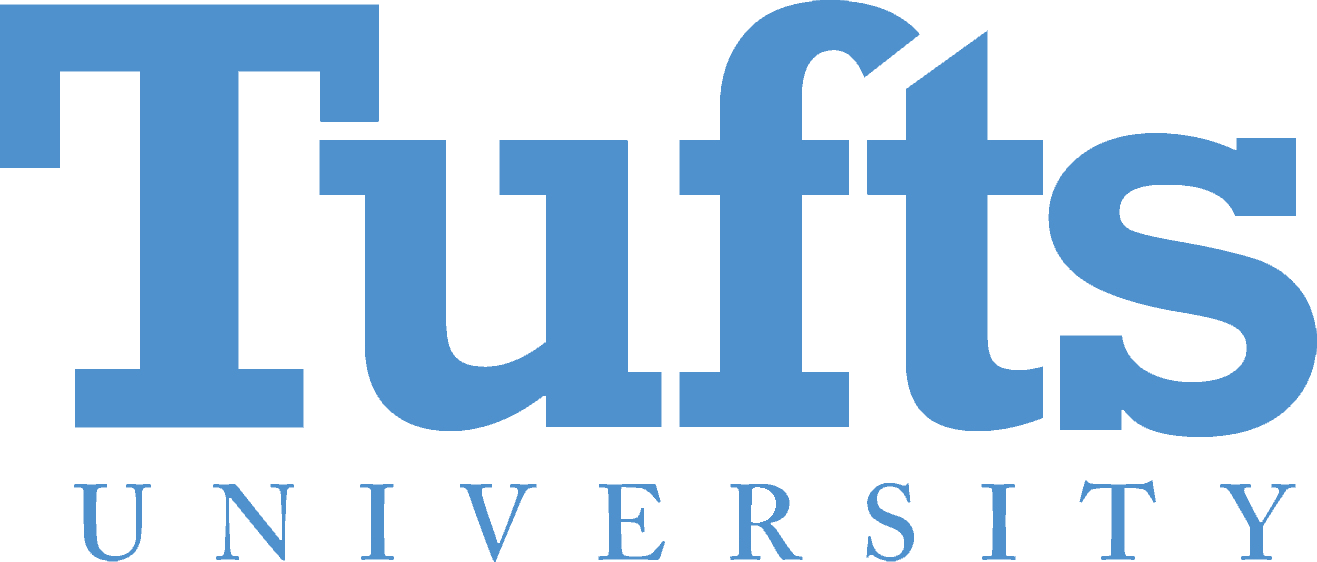
Tufts is a leader in American higher education, distinctive for its success as a moderately sized university that excels at research and providing students with a personal experience. Our unique combination of research and liberal arts attracts students, faculty and staff who thrive in our environment of curiosity, creativity and engagement.
The Jean Mayer USDA Human Nutrition Research Center on Aging (HNRCA) at Tufts University, located in Boston, MA, is one of six human nutrition research centers supported by the United States Department of Agriculture (USDA). We are a bench to bedside research center that generates translational scientific results. We are run by a cooperative agreement between the USDA and Tufts University and our center is one of the largest research centers in the world studying nutrition and its relationship to healthy aging and physical activity.
For more information, please visit: https://www.tufts.edu/
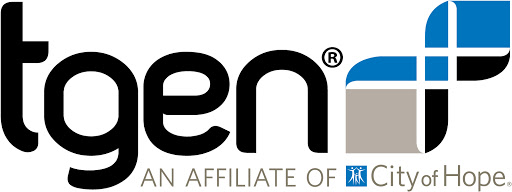
TGen, the Translational Genomics Research Institute, is an affiliate of City of Hope. We are an Arizona-based, nonprofit medical research institute dedicated to conducting groundbreaking research with life-changing results. We work to unravel the genetic components of common and complex diseases, including cancer, neurological disorders, infectious disease, and rare childhood disorders. By identifying treatment options in this manner, we believe medicine becomes more rational, more precise and, well, more personal.
For more information, please visit: https://www.tgen.org
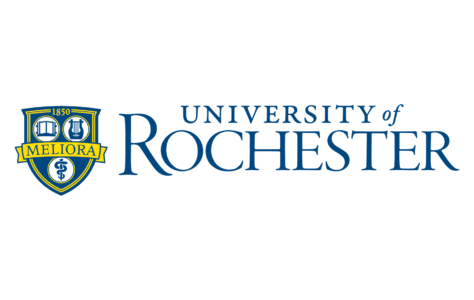
About one year after the University was founded in 1850, Rochester adopted its beloved motto, Meliora–Latin for “ever better.” One of the world’s leading research universities, Rochester has a long tradition of breaking boundaries—always pushing and questioning, learning and unlearning. Rochester researchers are scientists and scholars, inventors and conservators, artists and analysts. They know many of the best breakthroughs in knowledge and creativity occur by crossing boundaries.
With just over 4,500 undergraduates and $438 million in annual research funding, Rochester is one of the smallest and most collegiate in character among the nation’s top research universities. However, the University of Rochester Medical Center and University of Rochester are home to more than 3,000 researchers and 500+ labs dedicated to scientific research. Over the last five years, URMC has garnered more than $1.18 billion in biomedical research funding, landing the University in the top 26th percentile of U.S. medical centers in federal research funding. These efforts have led to therapies that have saved countless lives and improved human health locally, in the region, and across the globe.
For more information, please visit: https://www.rochester.edu
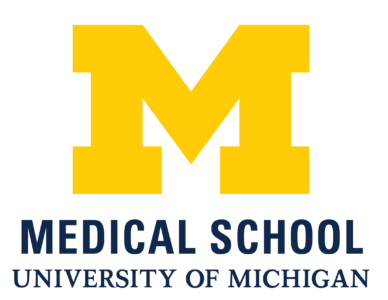
When the University of Michigan founded its medical school in 1850, it immediately assumed a leadership role in American academic medicine. It was the first medical school in the United States to recognize the importance of, and to build, a university hospital for physician instruction. UMMS is committed to creating the future of health care through discovery. This includes offering a medical education that sets the standard for discourse, intellectual rigor and creativity.
UMMS provides access to unparalleled research opportunities. The U.S. News & World Report consistently ranks them among the top research schools nationally. UMMS faculty, staff, and students seek understanding of the origins of illness and disease, and they work hard in all facets of science to move forward in ways that improve quality of life. At $1.62 billion, the University of Michigan is the top public university in research spending in the United States. Each year, almost 70 percent of the University’s total NIH funding — and nearly half of all sponsored activity — is awarded to the Medical School.
For more information, please visit: https://medicine.umich.edu/medschool

Established in 1636, Harvard is the oldest institution of higher education in the United States. Harvard University is devoted to excellence in teaching, learning, and research, and to developing leaders in many disciplines who make a difference globally.
Since the Medical School was established in 1782, faculty members have improved human health by innovating in their roles as physicians, mentors and scholars. The Faculty of Medicine includes more than 11,000 individuals working to advance the boundaries of knowledge in labs, classrooms and clinics. They’ve piloted educational models, developed new curricula to address emerging needs in health care, and produced thousands of leaders and compassionate caregivers who are shaping the fields of science and medicine throughout the world with their expertise and passion.
Harvard Medical School has affiliation agreements with 15 of the world’s most prestigious hospitals and research institutes, vital partners that provide clinical care and training. They also serve as home base for more than 10,000 physicians and scientists with faculty appointments.
For more information, please visit: https://hms.harvard.edu
Contact PI
Director of the
New England Centenarian Study,
Professor of Medicine at Boston University
Geriatrics, extreme longevity, genetics
Multiple PI
Director of Biostatistics, Epidemiology,
and Research Design at Tufts CTSI,
Director of Quantitative Methods and
Data Science at Tufts Medical Center
Bayesian modeling, genetics and genomics, machine learning
Contact PI
Professor and Director of the Quantitative Medicine and Systems Biology Division
at TGen
Quantitative translational biomedical science and integrated approaches to complex biological and medical problems
Professor of Medicine at
Albert Einstein College of Medicine
Geriatrics, biology and genetics of aging
and longevity
Associate Professor of Medicine at
Albert Einstein College of Medicine
Geriatrics, extreme longevity,
compression of morbidity
Associate Professor of Medicine at
Boston University
Cognition and aging, neuro psychology
Associate Professor of Medicine at
Boston University
Computational biology, bioinformatics, machine learning
Co-Director of BU and BMC Center for Regenerative Medicine (CReM),
Associate Professor of Medicine at
Boston University
Stem cells, regenerative medicine, hematopoiesis
Professor of Bioinformatics at
Boston University
Metabolism, microbiome, metabolic networks
Scientist II on the Nutrition,
Exercise Physiology, and Sarcopenia (NEPS) Team at the Tufts HNRCA
Role of the gut microbiome and serum
metabolome on muscle mass and
function in older adults
Director of Center for Epigenomics,
Professor of Genetics at
Albert Einstein College of Medicine
Transcriptional regulation, epigenetics,
data visualization
Professor of Genetics at
Albert Einstein College of Medicine
Genome instability in aging,
epigenetics of aging and cancer
Professor of Biology at
University of Rochester
Mechanisms of longevity and genome stability, exceptionally long-lived mammals
Professor of Pathology at
University of Michigan
Development of methods to slow aging
in mice, by diets, drugs, or mutations, comparative biogerontology
Research Associate at
University of Rochester
Metabolism and protein post-translational modifications in longevity and cancer resistance using comparative animal models, mass spectrometry
Professor of Medicine at
Harvard Medical School,
Director of Redox Medicine at
Brigham and Women’s Hospital
Methods for analysis of data generated from mammalian species with differing life span
